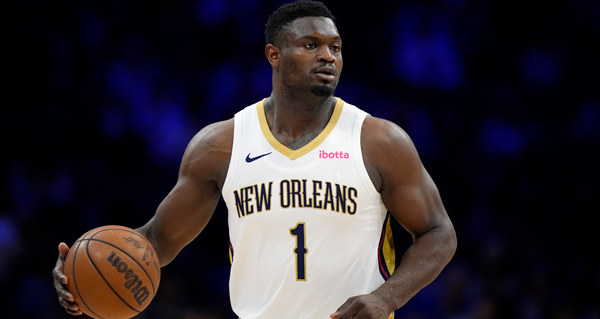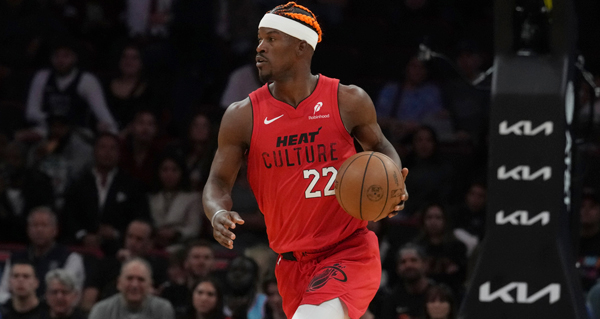This weekend, the NBA changed overnight. It has long been stuck between eras and weighed down by the jammed-puzzle machinations of its new collective bargaining agreement. But late on Saturday night, those new terms finally collided fully with the league’s preceding superstar empowerment era. And from that crash, a new paradigm was born. Here, LeBron James is not consulted about a dramatic change in his franchise’s direction; nor are Luka Doncic, or Anthony Davis.
Faced with a set of rules that strongly favor financial flexibility, roster depth, and perpetual building through the draft, the Dallas Mavericks decided not to hitch their wagon to Doncic for the next half-decade. Doing so would have cost them $350 million—more guaranteed money than any player has ever earned. They’re committing to about half of that, instead, for Davis’ veteran All-NBA services, through the Spring of 2028. They get a 2029 first-round draft pick out of it, too. Most would say this was not enough to get back for Doncic, but Dallas is introducing a different kind of vision.
The Lakers’ circumstances at the negotiating table weren’t the same as Dallas’, but they were close enough. Every front office in the sport, to some profound extent, feels like the Mavericks do; they reportedly experienced a “hostage”-like sensation as Doncic’s supermax extension loomed. Los Angeles, evidently, is less concerned about Luka’s difficulties with weight and conditioning. That is perhaps because its organization has been run for 46 years by a family famous for making itself comfortable with the most demanding stars of the sport. Whatever diva tendencies Doncic might stress his co-workers with, they can’t be anything the Busses haven’t seen before.
Stars are stars. No one wins big without them. The Lakers know this as well as anyone, and don’t want to be Pat Riley’s Miami Heat, fighting against this fact through their Jimmy Butler debacle. They’re embracing stardom, instead. The Mavericks, reading that ongoing cautionary tale differently, have acquired a star they see as more agreeable, and less limiting. Despite the convictions you hear today, it’s really anyone’s guess which team has decided more wisely, and which will come out rosier. Unless either team does dramatically better than the other over the next decade, the debate about this is likely to last for the rest of every living fan’s existence.
Right now, the following argument prevails: it is nuts to trade away a young man who just led your team to the NBA Finals. But this point will not stand if Doncic doesn’t transition to L.A. gracefully. He has missed more games than he’s played this season and was performing worse in almost every category, compared to last year, when he was on the floor. The Mavericks, it stands to reason, thought his difficulties were more intrinsic than transitional.
It’s possible that they also view their 2024 Finals appearance as flukey. Whether or not you agree, here’s the case: their path was circumstantial, benefiting from the vast injuries of the Los Angeles Clippers, the steep inexperience of the Oklahoma City Thunder, and the depletion of a Minnesota Timberwolves team that barely survived the Denver Nuggets in the previous round. Dallas, since this pyrrhic climb to the Western Conference mountaintop, has experienced the unfortunate vision of Luka resting forever on those insubstantial laurels as he refuses to get more fit, never returning his team to those heights again.
It is fundamentally hubristic to have that kind of confidence in what may happen in the future, short- or long-term. That kind of woozy self-belief is a requirement of the job that is running a franchise. Through boldness, inaction, or anything in between, every general manager is—by default—tying the fate of a multi-billion dollar entity to their imagination. Few have ever reminded of this as loudly as Mavs’ GM Nico Harrison just did. Unprecedented things are, by definition, rare. But now that he’s laid precedent, more moves like this—understood, most of all, as a reaction to the fractious direction of the sport—wouldn’t be described with the same adjective.






